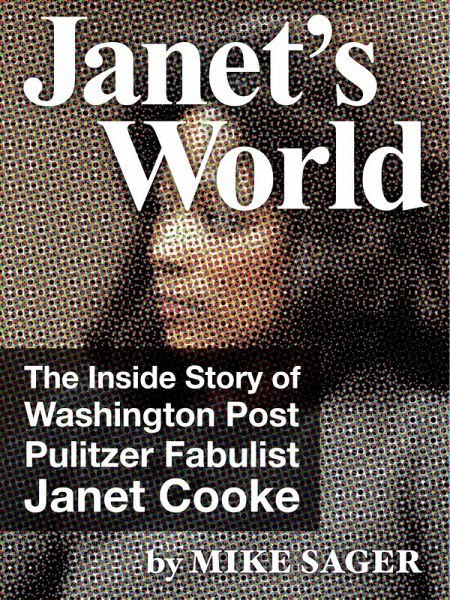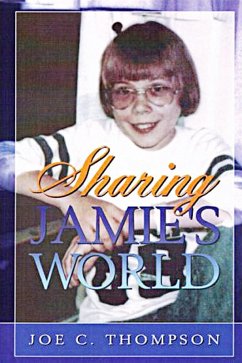
Janet's World: The Inside Story of Washington Post Pulitzer Fabulist Janet Cooke (eBook, ePUB)

PAYBACK Punkte
3 °P sammeln!
"Janet Cooke was a warning shot, a harbinger of all kinds of journalistic scandals to come." -Howard Kurtz, author and media critic Janet Cooke caused one of the biggest scandals in the history of journalism when her Pulitzer Prize-winning article, about an eight-year-old heroin addict, turned out to be a fabrication. Cooke, a reporter for the Washington Post, worked under the legendary editors Ben Bradlee and Bob Woodward. Her disgrace was a jarring wakeup call for the news industry. Cooke's transgressions rocked the foundations of public trust the press had built since the Vietnam and Waterg...
"Janet Cooke was a warning shot, a harbinger of all kinds of journalistic scandals to come." -Howard Kurtz, author and media critic Janet Cooke caused one of the biggest scandals in the history of journalism when her Pulitzer Prize-winning article, about an eight-year-old heroin addict, turned out to be a fabrication. Cooke, a reporter for the Washington Post, worked under the legendary editors Ben Bradlee and Bob Woodward. Her disgrace was a jarring wakeup call for the news industry. Cooke's transgressions rocked the foundations of public trust the press had built since the Vietnam and Watergate eras, when the 4th Estate was seen as a force for objective reporting and an advocate for the public good. Immediately, Cooke became infamous, the first in a line of publicly exposed fabulists, including Stephen Glass of the New Republic and Jayson Blair of the New York Times. Cooke's case also came to symbolize myriad issues in journalism and beyond: i the use of unnamed sources, diversity recruitment, newsroom ethics, resume fraud, and the tendency of some writers, operating in the genre known as creative nonfiction, to take license in the pursuit of more literary storytelling. Janet's World, written by her former boyfriend and fellow Post staffer Mike Sager, is Cooke's only in-depth interview. While faithful to the basic fact-finding contained in the Washington Post's internal investigation of the case, easily available online, Sager's work plums the depths of Cooke's persona and upbringing, bringing to light the human story behind the headlines. Vilified by history as a fabricator, Cooke's difficult role as an African American professional woman in the early 1980s is often overlooked. The book also contains new material documenting the effects of the Cooke scandal on the 35th anniversary of the events.
Dieser Download kann aus rechtlichen Gründen nur mit Rechnungsadresse in A, B, BG, CY, CZ, D, DK, EW, E, FIN, F, GR, HR, H, IRL, I, LT, L, LR, M, NL, PL, P, R, S, SLO, SK ausgeliefert werden.













